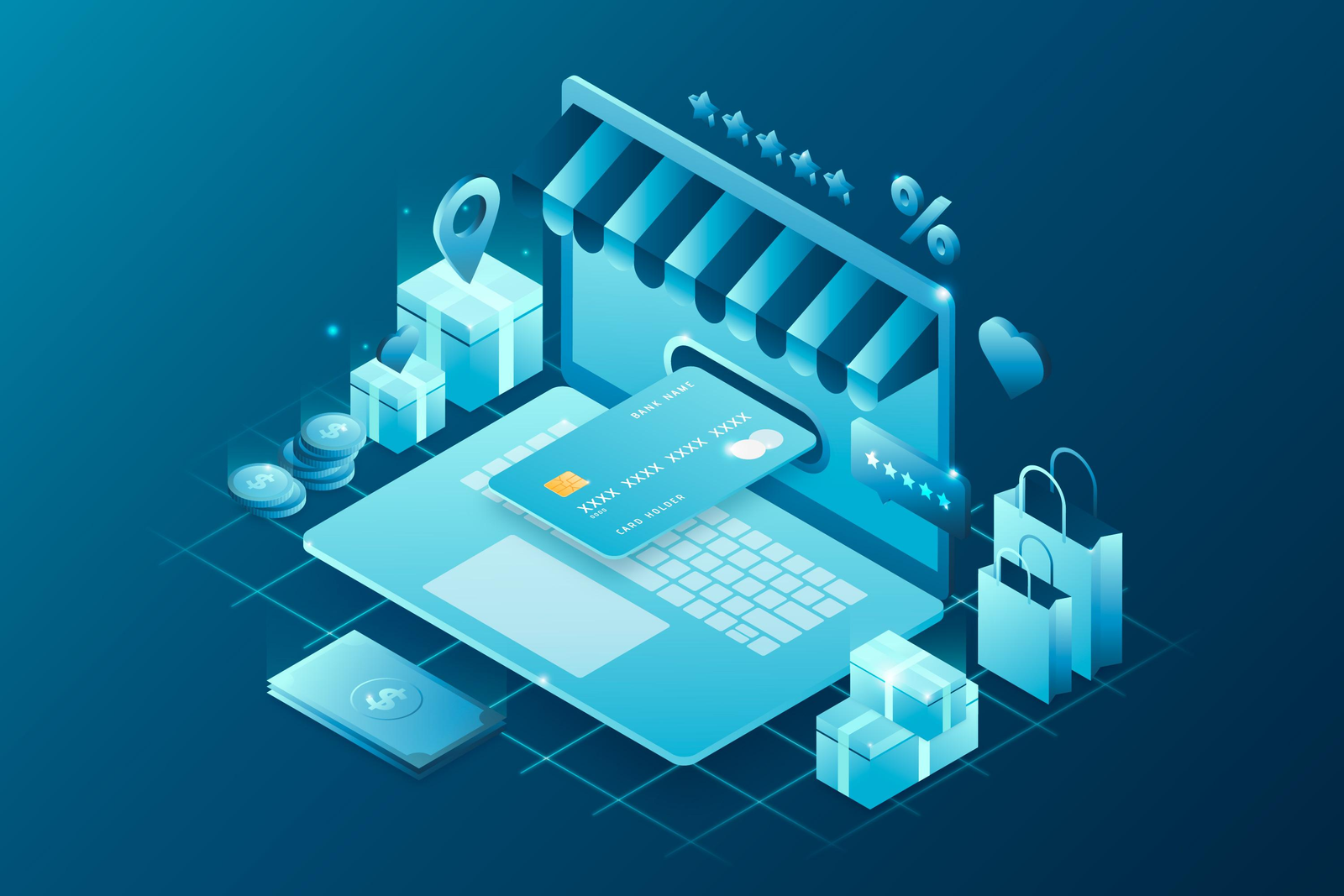
Why Partner with a Digital Marketing Agency for E-commerce?
- Agency Benefits
- Partnerships
- E-commerce
A solid online presence is essential in today's competitive marketplace, especially for e-commerce businesses that navigate unique challenges and opportunities. A specialized digital marketing agency for e-commerce offers the expertise and tailored strategies to drive success. Partnering with such an agency can be a game changer, providing the tools and insights necessary to elevate your online store.
Expertise in E-commerce Strategies:
Understanding E-commerce Platforms:
Digital marketing agencies with an e-commerce specialization are adept at navigating platforms like Shopify, Magento, and WooCommerce. They optimize your store's functionality, enhance user experience, and ensure your site is SEO-friendly.
Consumer Behavior Insights:
These agencies possess deep insights into e-commerce consumer behaviour, using analytics to track and predict purchasing patterns. This expertise enables them to create targeted campaigns that attract and convert leads more effectively.
Comprehensive Services Offered
Multi-channel Approach:
- SEO for E-commerce:
Boost visibility in search engine results with
ecommerce-specific keyword strategies.
- PPC and Ad Management:
Drive traffic and sales through targeted ads, focusing
on cost efficiency.
- Social Media Marketing:
Engage customers on the social media platforms they use
most.
- Email Marketing:
Deliver personalized, timely emails to promote products,
offers, and content.
Success Stories:
Case studies from past clients highlight the agency's ability to increase traffic and sales for e-commerce businesses, demonstrating the effectiveness of their strategies.

Improved Conversion Rates:
Optimization Techniques:
Agencies employ various strategies, like A/B testing and conversion rate optimization (CRO), to continually enhance the user experience and streamline the sales funnel.
Professional Design:
A digital marketing agency specializing in e-commerce understands the critical role of professional UX/UI design in crafting an appealing, easy-to-navigate online store.
Cost-Effectiveness:
In-House vs. Agency:
Hiring an in-house team can be expensive due to salaries, training, and benefits. In contrast, an agency provides access to a team of experts at a fraction of the cost, without the added expenses of ongoing training and employee benefits.
Staying Ahead of Competition:
Cutting-Edge Tools:
A digital marketing agency for e-commerce leverages the latest tools and technologies to monitor trends, track performance, and automate tasks, keeping your e-commerce business ahead of the curve.
Scalability and Flexibility:
Adaptive Marketing Efforts:
An agency can adjust its marketing efforts based on analytics and performance, ensuring your investment is continually optimized.
Market Expansion:
Agencies provide the flexibility to explore new markets without needing extra resources, adapting strategies based on real-time data.
Focus on Core Business
More Time for What Matters:
Outsourcing digital marketing lets you concentrate on essential business areas like product development, customer service, and operations. At the same time, experts handle your online marketing efforts.
Conclusion:
Partnering with a digital marketing agency for e-commerce is a strategic investment in your business's growth. These agencies offer expert knowledge and specialized services that can significantly boost online visibility, improve user engagement, and drive sales. Meanwhile, you can focus on managing your business operations.FAQ's
-
Is digital marketing good for E-commerce?
Yes, digital marketing is crucial for eCommerce success. It leverages strategies like SEO, PPC, social media marketing, and email campaigns to enhance online visibility and drive targeted traffic to your website. Digital marketing can help eCommerce businesses build brand awareness, engage with potential customers, and increase online sales.
-
What is the best strategy to increase E-commerce
sales?
The best strategy to boost E-commerce sales involves a multi-channel approach:
1.Optimize Your Website for SEO:
Improve your site's visibility in search engines with relevant keywords.
2. Use Email Marketing:
Send targeted promotions and personalized recommendations to your customer base.
3. Leverage Social Media:
Engage with users and promote products through Instagram, Facebook, and Pinterest platforms.
4. Implement PPC Advertising:
Use paid ads to reach a wider audience quickly.
5. Enhance User Experience:
Refine website design and navigation to reduce bounce rates and increase conversions. -
How do you promote your E-commerce website?
Promote your E-commerce website through these effective methods:
1. Search Engine Optimization (SEO):
Enhance your site's visibility in search engine results for relevant keywords.
2. Content Marketing:
Develop valuable content like blogs, videos, and infographics to address customer needs and promote your products.
3. Social Media Marketing:
Use platforms like Facebook, Instagram, and Twitter to engage with customers and showcase your products.
4. Email Marketing:
Implement a strong email strategy to inform your audience of updates, offers, and personalized content.
5. Paid Advertising:
Run PPC campaigns to drive immediate traffic to your website. -
What is a good ROI for E-commerce?
A good ROI for e-commerce generally ranges from 300% to 500%, though this can vary by industry and specific marketing strategies. Businesses should strive for the highest possible ROI while ensuring sustainable growth and customer satisfaction. Regularly monitoring and optimizing your marketing strategies is essential for improving ROI over time.
-
How can I increase my E-commerce conversion rate?
To boost your E-commerce conversion rate, consider the following strategies:
1. Improving Website Design:
Ensure your site is visually appealing, easy to navigate, and optimized for mobile devices.
2. Enhancing Product Descriptions:
Provide clear, engaging product descriptions and high-quality images.
3. Offering Promotions and Discounts:
Use targeted promotions and discounts to attract and incentivize customers.
4. Optimizing Checkout Process:
Simplify the checkout process to minimize cart abandonment.
5. Using Retargeting Strategies:
Implement retargeting ads to re-engage visitors who didn't convert on their first visit.
